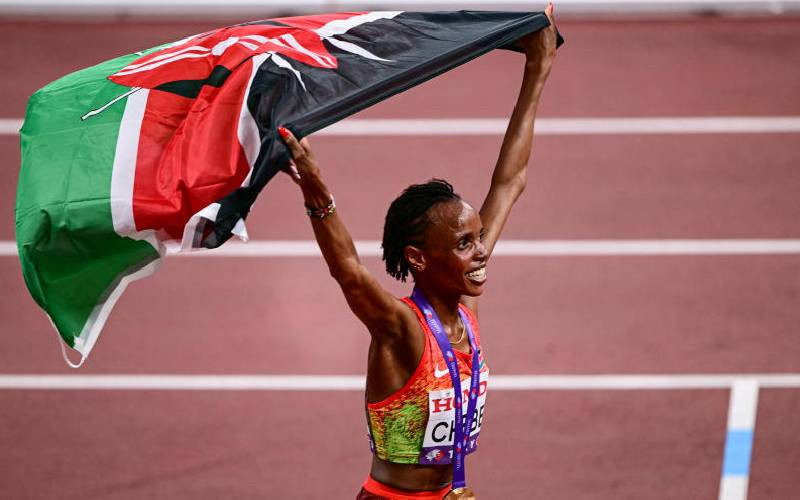×
The Standard e-Paper
Read Offline Anywhere

At first, it appeared to be the usual lamentations on social media platforms. Before long, Gen Z galvanized itself against the controversial Finance Bill 2024/2025.
Before the dust settled following riotous scenes across the country, President William Ruto bowed to Gen Z pressure, declining to sign the Bill.
